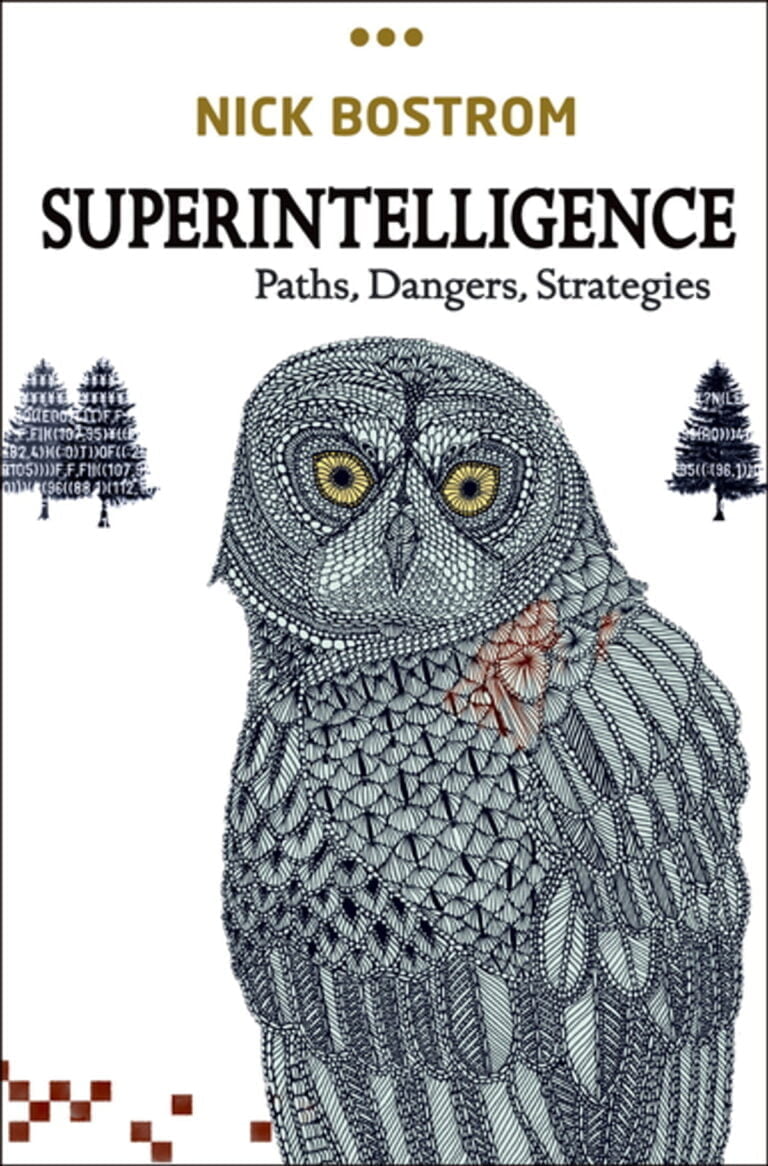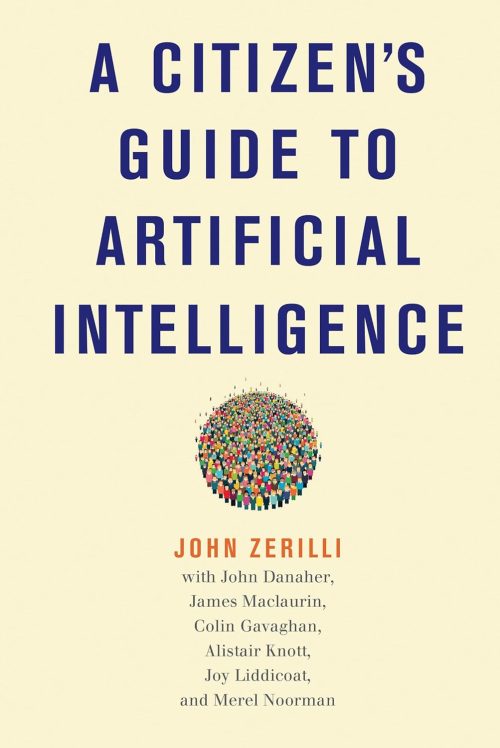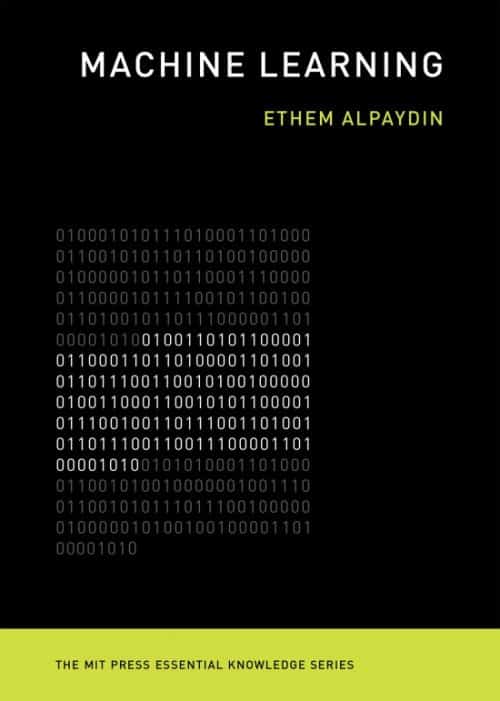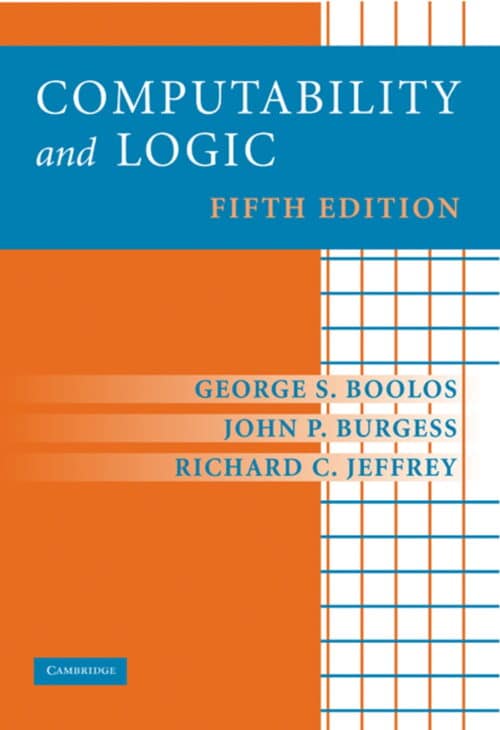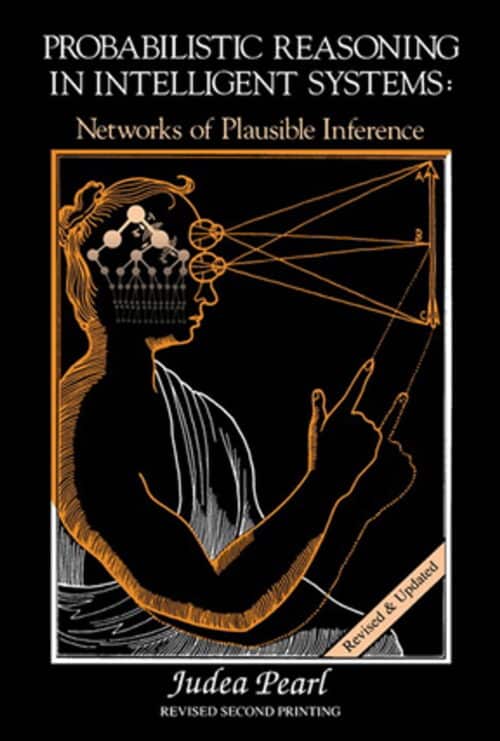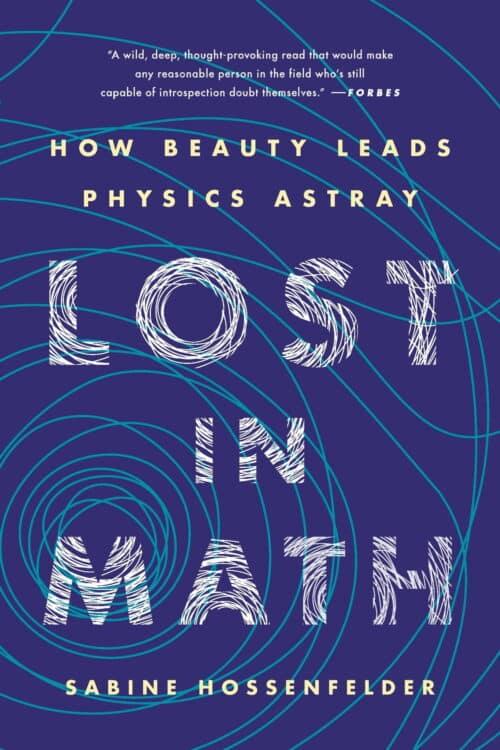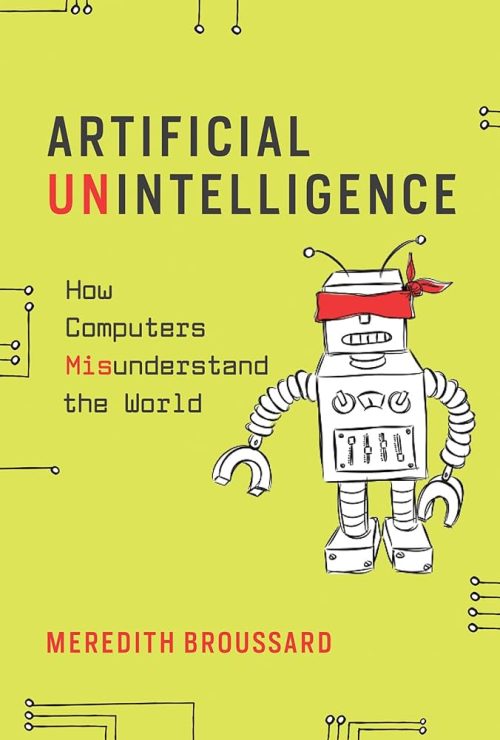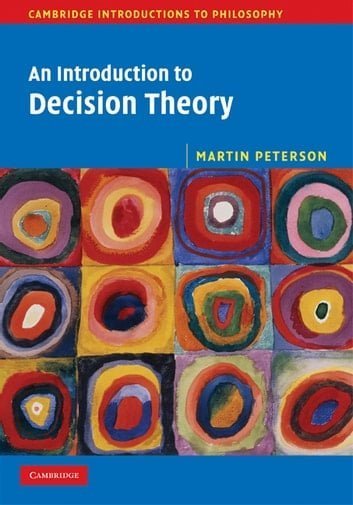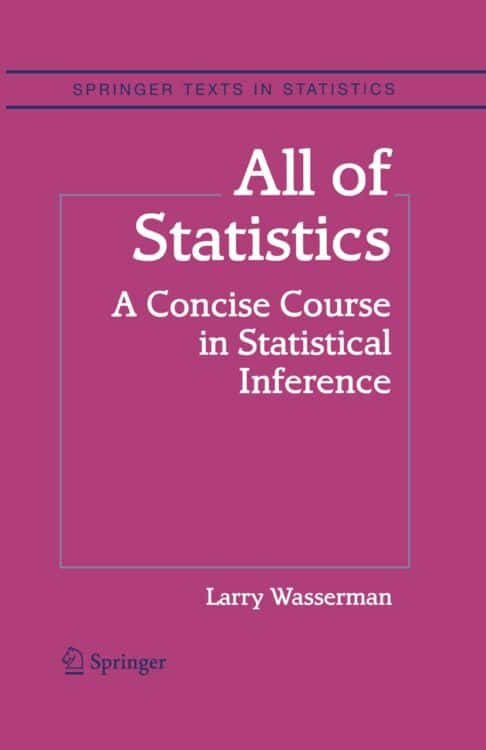As we move towards a future where artificial intelligence (AI) will play an even more significant role in our lives, concerns around its potential dangers have become more and more relevant. In his book, “Superintelligence,” philosopher Nick Bostrom provides a thought-provoking perspective on how a superintelligent AI could pose a significant threat to humanity.
Bostrom’s central premise in “Superintelligence” is that the development of a superintelligent AI could have disastrous consequences for humanity. He explores scenarios where an AI that is capable of rapid reinforcement learning could pose a significant danger to humans, and discusses the possible dangers of three different types of superintelligence: brain emulation, genetic engineering, and synthetic/code-based AI.
One of the most engaging aspects of Bostrom’s book is his emphasis on ensuring that we take appropriate measures to ensure AI doesn’t accidentally or intentionally harm humans. He examines how society can manage AI that surpasses human intelligence, taking a deep dive into slowing its learning and ensuring that it doesn’t go against human interests.
While some argue that the dangers of AI are overstated, Bostrom offers a convincing argument for taking careful consideration of the potential risks of AI and considering the ways we can prevent it from harming humans.
It’s important to note that while AI has made significant advancements, today’s AI is still relatively narrow. Most efforts in AI focus on solving specific problems and less than 1% is geared towards achieving general intelligence, something that Bostrom believes is a key step towards developing superintelligence.
However, one of the book’s limitations is that while it provides a history of AI, it falls short when it comes to addressing realistic representation outside of hyperbolic fears. There are practical challenges to be considered when creating a superintelligent AI, and the book could have benefitted from a more in-depth examination of these obstacles and how they can be overcome.
Overall, Nick Bostrom’s “Superintelligence” is a fascinating piece of literature that provides readers with a unique and engaging perspective on the dangers of AI. His arguments regarding how society should handle AI that surpasses human intelligence are compelling, and the book encourages readers to think more critically about the role of AI in our future. While the book’s limitations cannot be ignored, the valuable insights it provides make it a must-read for anyone interested in the intersection of technology and philosophy.

